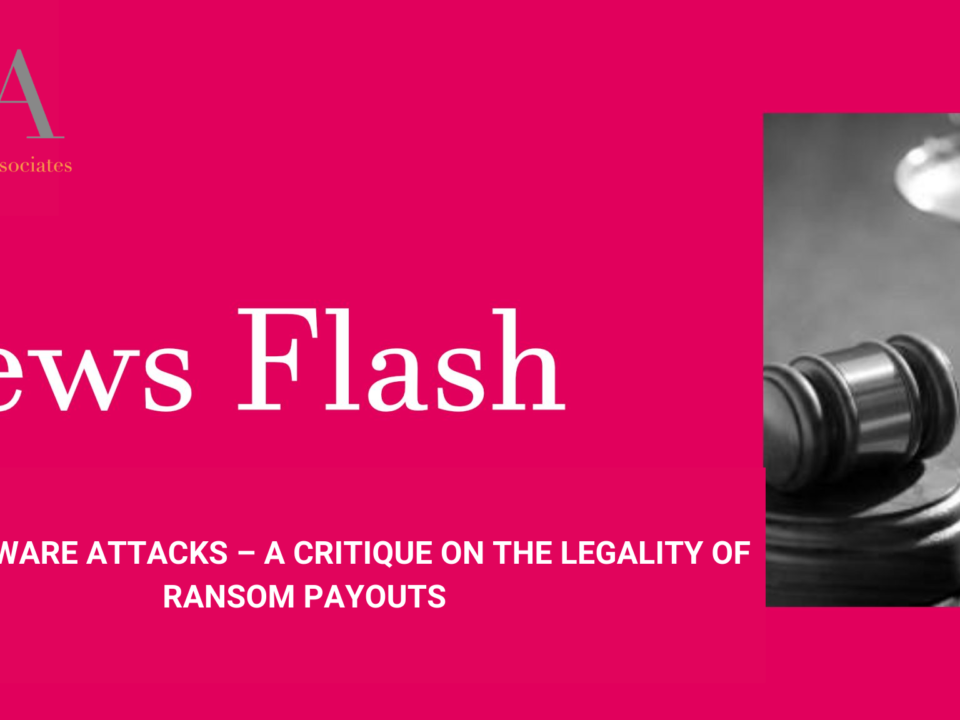
In the case of Food Corporation of India v. Anil Kumar, the petitioner namely the management of FCI had approached the Jharkhand High Court with a prayer for quashing an award passed by the Central Government Industrial Tribunal, wherein a direction had been issued to FCI for regularization in service of the workman i.e., the respondent in the instant case.
The casual service of the workman upon being terminated was challenged by him before the Tribunal and consequently, vide an Award dated 08.08.1990, the Tribunal issued a direction for his reinstatement thereby concluding his termination of service as wrongful.
However, on 03.02.1995, a circular was issued inviting applications from internal candidates for filling up the post of Hindi Typist. Though a co-worker applied for the said regular post, the workman/respondent instead of applying chose to raise an industrial dispute claiming regularization of service and got a reference made under Section 10 of the Industrial Dispute Act.
The said reference was decided in favour of the workman entitling him for regularization as Hindi Typist since 13.12.1991 with full back wages along with pay protection from 08.05.1984. Being aggrieved by the same, the management had preferred a writ petition.
Having traversed the legal parameters with reference to the application of the principle of ‘equal pay for equal work’, a pertinent question that required determination by the Hon’ble High Court was whether the concerned workman was rendering similar duties and responsibilities as are being discharged by permanent employees, holding the same/corresponding posts.
In the present regime, it added that “Equal pay for equal work” is not expressly declared by the Constitution as a fundamental right but in view of the Directive Principles of State Policy, as contained in Article 39(d) of the Constitution of India, it has assumed the status of a fundamental right.
In order to make the determination, it was observed that though the workman was reinstated but instead of a regular typist, he was allowed to join as a casual typist in the year 1991. The court took cognizance of the fact that the nature of work of casual typist and a regular typist are same and similar. This inter alia shows that the concerned workman had been discriminated as he received a salary of Rs.1,400/- though on salary hike, he was getting a sum of Rs.1,890/- per month but a regular typist appointed in the year 1984 fetched a monthly salary of Rs.8,000/-, besides other benefits.
The court took the view that there is no infirmity in the order passed by the Tribunal on the grounds that there already existed a policy decision issued by FCI under which, if any casual worker or daily wages worker on or before 2nd May, 1986 has completed three months of service, he should be regularized as per the said policy decision. In the instant case the workman also fulfilled the criteria of the completion of three months’ service.
In view of facts and circumstances discussed hereinabove, the Court was in full agreement with the Award passed by the learned Tribunal. Thereby, making it clear that a mere difference in nomenclature is not sufficient to disentitle a temporary employee from being paid wages at par with permanent employees.



